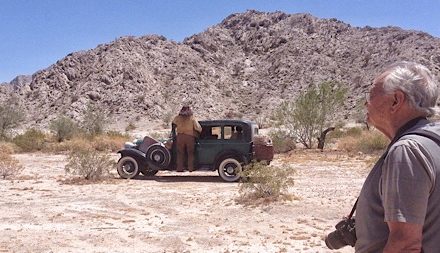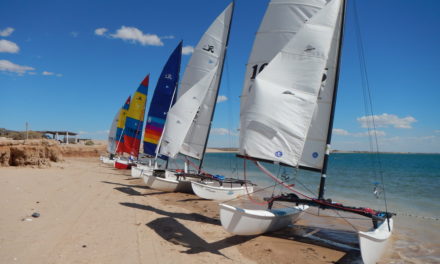The Mexican government has ramped up efforts to protect the Vaquita Marina, one of the world’s most endangered species.
The Vaquita, or ‘Little Cow’, has seen its numbers drop to an estimated 60 individuals. From Rocky Point west to San Felipe, the Sea of Cortez is where this smallest of dolphins calls home. Small because they adapted to the shallow ocean waters and mangrove swamps of the Colorado River Delta.
That environment was largely devastated when dams along the river went into operation beginning in the 1920’s. The impact of fishing with gill nets has now become the main danger to these dolphins, who get caught accidentally.
The Totoaba is another endangered fish that lives in these waters. In recent years, this protected species has become the focus of illegal fishing. The fish has a swim bladder that is highly valued in Chinese Traditional medicine. The resulting high prices for Totoaba have created a black market. The Gill nets that catch the Totoaba, catch them as well.
The Sea Shepard Institute has been a part of identifying the precarious status of these dolphins. Last year, the Mexican government designated a large portion of the upper Gulf of Mexico as off limits to gill net fishing for a period of two years.
That moratorium on Gill nets in the area has been extended indefinitely. At a recent ceremony in Rocky Point, three drone aircraft were unveiled. With the participation of the Mexican Marines, these drones would be used to detect illegal fishing in the area, both night and day.
The government has pledged to reimburse families in this part of the country that have traditionally relied on the sea as their means of support.








